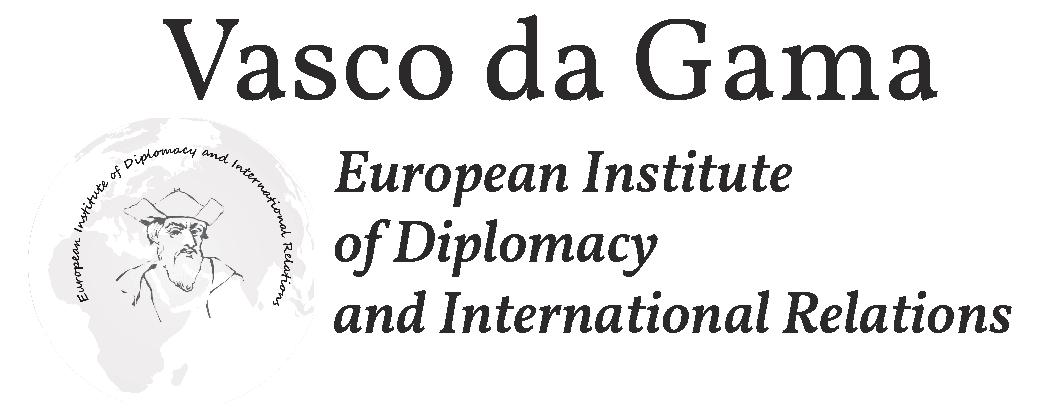International Protection of Rights and Freedoms
Content
Our time is perhaps more than others sensitized on issues of freedoms, probably because the constraints have increased. Nowadays these constraints are no longer mainly the result, in many countries, of the arbitrariness of a leader, but of multiple requirements relating to the growing complexity of society, the development of technology, the new issues raised by the human mastery of life processes. Civil liberties are part of a slow historical development marked by clashes and political demands after which the sources of these freedoms have multiplied.
The freedoms we have are the result of claims towards the Authority. The latter does not easily grant freedoms to citizens. Even today, tensions between the government and citizens, and between freedoms themselves are not avoided.
The status of freedoms is variable in both space and time. The greater or lesser extent of freedoms granted to citizens helps qualify a regime. By simplifying, one can distinguish the authoritarian regimes on one hand and the democratic regimes on the other hand.
Authoritarian regimes are regimes where the origin of power is undemocratic, and where citizens cannot claim any rights or liberties from the government.
In France, under the old regime, though the king was subject to the “fundamental laws”, there were no citizens but merely subjects, to whom the king certainly had duties but who in return had no rights. Modern authoritarian regimes are fascist and totalitarian regimes that are of different variants. Freedoms are sacrificed therein on behalf of a government, real contemporary Moloch, more powerful and oppressive than the ancient dictatorships could be. Nuances exist between fascism (which exalts the country) and totalitarianism (which exalts the race, the class, or the party): in fascism only political enemies (or assumed as such) are hunted down mercilessly; in totalitarianism any individual, even someone serving the government, is a potential enemy (H. Arendt in The Totalitarian System, Seuil, 1992). In these systems, especially totalitarianism, not only do freedoms not exist, but the human being is negated, the human dignity is violated.
Mission
This course offers students an interdisciplinary introduction to the historical and philosophical foundations of human rights the creation of the international human rights regime in the mid-20th century the impact of social movements on the evolution of international human rights laws and norms and the impediments to the realization of human rights in practice. Through exploring thematic concerns such as women’s rights LGBT rights torture capital punishment international responses to genocide and corporate responsibility we will engage contemporary debates surrounding the universality of human rights the relationship between human rights and inter/national security the duty-holders of human rights law and the gap between human rights ideals and enforcement.
This course will also pay much attention to how these freedoms are perceived and considered on different continents.
Bibliography
ARENDT H., Le système totalitaire : Les origines du totalitarisme, Paris, Seuil, 2005.
ARON, R., Démocratie et totalitarisme, Paris, Gallimard, 1987
HAARSCHER G., Philosophie des droits de l’homme, Bruxelles, Editions de l’université de Bruxelles, 1987
HENNEBEL L. & TIGROUDJA H., Traité de droit international des droits de l’homme, Paris, Pedone, 2016
OST F., Le temps du droit, Paris, Edile Jacob, 1999
PEREZ LUNO y ANTONIO ENRIQUE, Los derechos fundamentales, Madrid, Tecnos, 1986
ROBOTIN M. et SALAT L., Democracy and minorities in Post-communist Europe, LGI, Budapest, 2003
ROHOU J., Le XVIIe siècle, une révolution de la condition humaine, Paris, Seuil, 2002
STONER J., Common Law AND Liberal Theory: Coke, Hobbes and the Origins of American Constitutionalism, Kansas, University Press, 1992
3 ECTS

